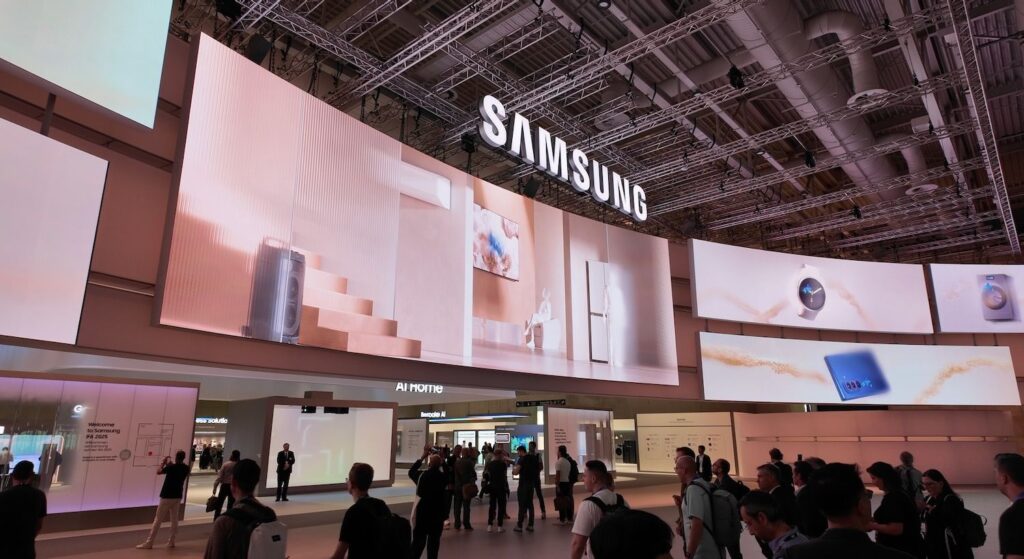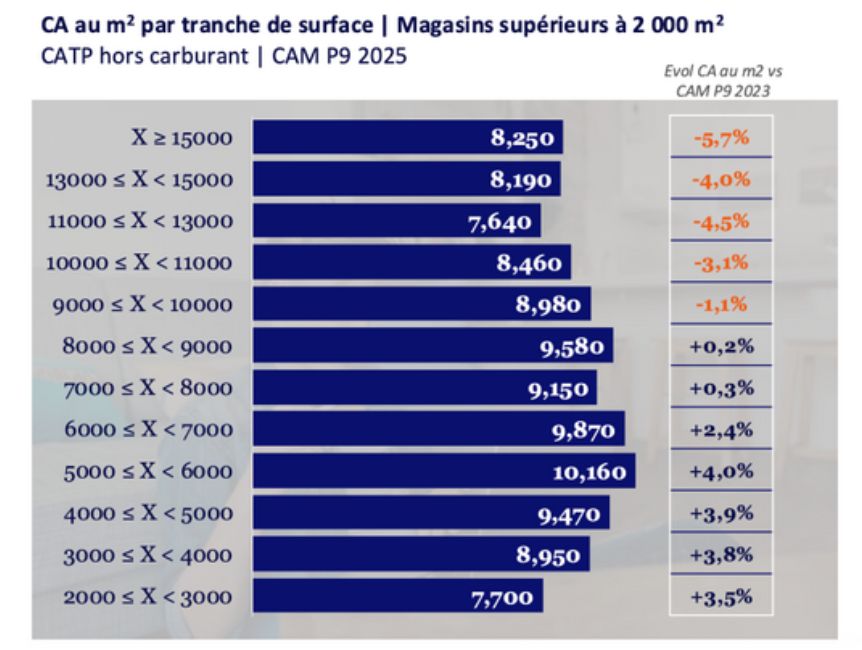My key takeaways from IFA Berlin 2025
- The AI is taking over domestic appliances by adjusting energy consumption, analyzing the shelf life of food, suggesting tailored recipes based on your fridge content, helping reduce food waste.
- Samsung goes even further by integrating Google’s LLM Gemini into all devices. Your washing machine will soon be buying your laundry detergent for you and your oven will order Uber eats once it understands that its content is unsuitable for human consumption.
- Smart TVs are now so smart, that they understand how boring Hollywood and Netflix content became, that they allow you to multitask on their TV screens, essentially cannibalizing your phone time. Good! No?
- The new generation of appliances consume less, are brighter, more efficient and quieter than ever before.
- The new robot vacuum cleaners can jump, avoid wires instead of suiciding on them.
- Your dishwasher can now disinfect toys, wallets and phones, just remember to switch the right program and not to wash them instead.
- Micro-LED TVs offer unprecedented customization with incredible quality and contrast. If you can afford one, the size of your TV is probably limited only by your wall dimensions.
- The smart home utopia is coming closer to reality, the devices can talk to each other, share, store and secure information. It is now called the AI home.
- Everything is a screen, everything is entertainment. Watching Netflix on a fridge? No problem. Next move – seamless continuation of experience – music, video, ambient lighting that follow you around the AI home.
And finally, it seems like a new fashion for all domestic appliances is to sponsor sports. It warms my heart to know that PSG football club’s astronomical salaries are paid by my air conditioner.
So, with all the buzz, do I see a light at the end of the tunnel of de-consumption and persistent sales decline? Not yet.
Surely in the next years I will upgrade my fridge and my dishwasher, allowing them to stream Netflix to each other (check the hilarious Murderbot series to feel the depth of the new utopia).
Surely, I will be incredibly happy to have Candy washing machine running 3 drums simultaneously, sparing me the need to load and unload the machine thrice. My left socks will never be mixed with the right ones again!
But for now, bigger, brighter, smarter comes with one hiccup – more expensive…
And neither the Olympic committee, nor PSG, nor Australian curling team can convince me to throw away all the “dumb” TVs and fridges and my 3 suicidal vacuum bots, to step into the AI world of endless entertainment and comfort. The entry barrier is simply too high.

